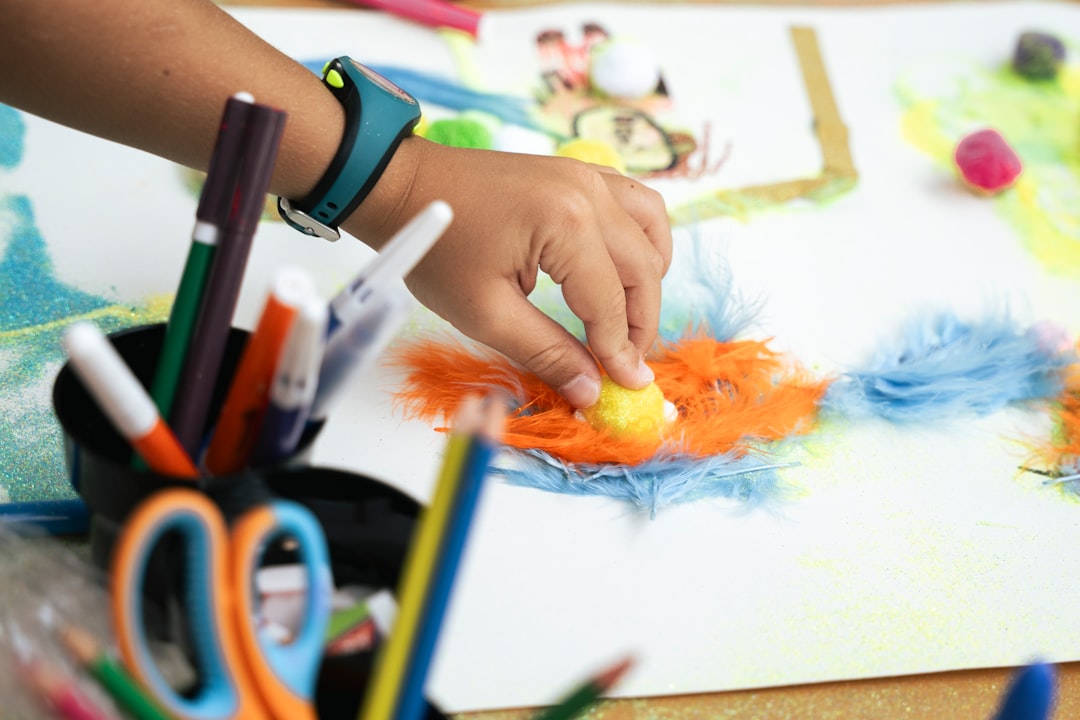In the ever-evolving landscape of education, the approach towards school curricula is witnessing a paradigm shift. Traditional methods are being reevaluated to foster environments where children can thrive academically, emotionally, and socially. This article delves into the importance of reinventing school curricula and explores innovative strategies to cultivate a generation of well-rounded, creative, and critical thinkers.
The Role of Personalized Learning
Personalized learning tailors education to suit the individual strengths, needs, and interests of each child. By integrating technology and flexible teaching methods, educators can create a curriculum that adapts to the pace and style of each student. This approach not only enhances engagement but also boosts achievement by addressing learners’ diversity in the classroom.
Emphasis on Emotional and Social Learning
Incorporating emotional and social learning into the school curriculum is crucial for developing interpersonal skills and emotional intelligence. Programs that focus on empathy, resilience, and communication equip children with the necessary tools to navigate through life’s challenges. Schools that prioritize these skills alongside academic subjects prepare students for a more holistic success beyond the classroom walls.
Integration of STEAM Education
The inclusion of Science, Technology, Engineering, Arts, and Mathematics (STEAM) into school curricula is pivotal in sparking an interest in these critical areas. STEAM education promotes creativity, problem-solving, and critical thinking skills. By engaging students in hands-on projects and experiments, schools can nurture a passion for innovation and prepare students for future careers in these fields.
The Importance of Environmental Education
With growing concerns about environmental sustainability, integrating environmental education into the curriculum is more important than ever. Teaching children about their impact on the earth and the importance of conservation can foster a sense of responsibility and proactive attitude towards environmental issues. This not only educates them about the science behind the issues but also encourages a lifelong commitment to sustainable practices.
Leveraging Digital Tools for Enhanced Learning
The digital age brings an array of tools that can transform traditional classrooms into dynamic learning environments. From interactive apps to virtual reality, these technologies can make learning more engaging and accessible. Educators who effectively integrate these tools into the curriculum can enhance the learning experience and better prepare students for a digital world.
In conclusion, the curriculum is not just a framework for education but a dynamic set of experiences that can profoundly impact a child’s development and worldview. By embracing innovative practices and integrating comprehensive educational strategies, schools can equip children with the skills necessary to succeed in the future and become responsible, well-rounded individuals.



